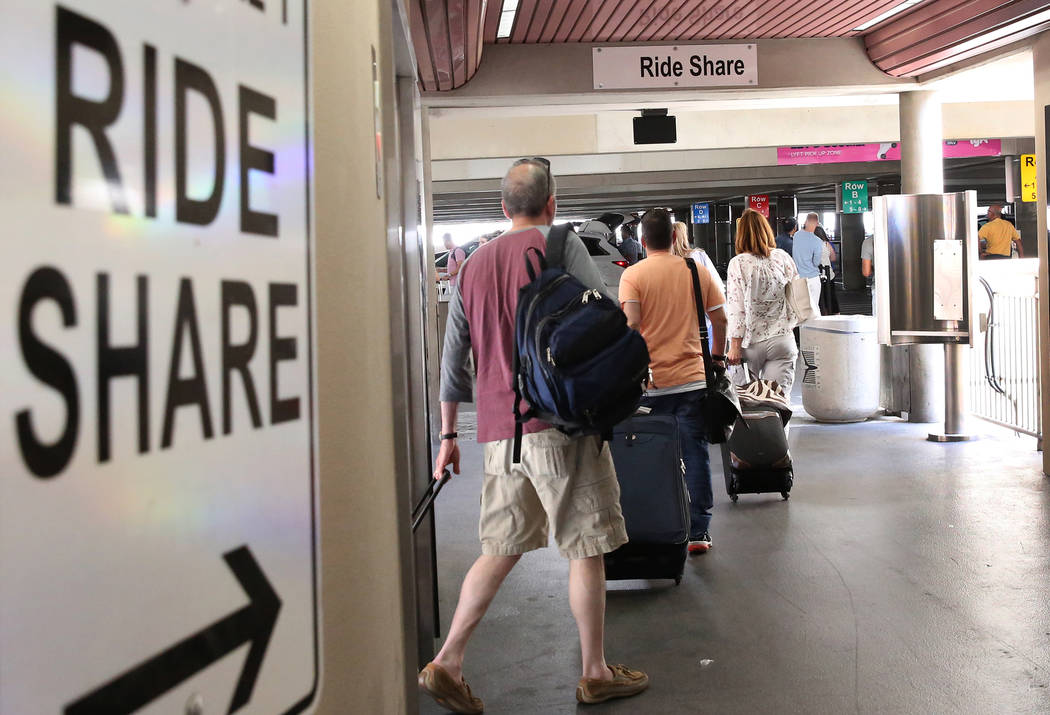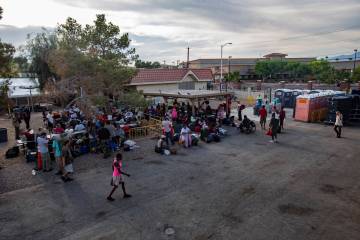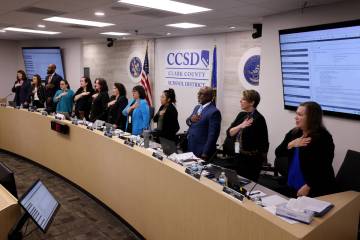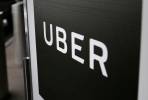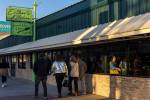EDITORIAL: Uber, Lyft pulling riders from public transportation?
The taxi cartel may be the most high-profile victim of ride-hailing outfits such as Uber or Lyft, but it’s not the only transportation alternative taking a hit. Rental car companies and government mass transit are also bleeding customers.
A recent Northeastern University study involving Boston transportation habits concluded that ride-hailing companies are increasing congestion and luring riders away from buses and commuter trains.
“Ride sharing is pulling from and not complementing public transportation,” said Christo Wilson, a computer science professor at Northeastern.
Ride-hailing services have succeeded by battling the entrenched taxi interests and politicians eager to protect their financial patrons. The danger of these new studies is that policymakers will now move to limit consumer choice under the guise of improving traffic flow and propping up expensive mass transit projects. That would be a mistake.
Ms. Wilson’s data revealed that almost 60 percent of Uber or Lyft customers surveyed “would have used public transportation, walked, biked or skipped the trip if the ride-hailing apps weren’t available,” The AP reported this weekend.
A national survey of ride-hailing habits in several major cities released last October came to a similar conclusion, the wire service noted, finding that “49 to 61 percent” of those using a ride-share app wouldn’t have taken the trip in the first place if such services didn’t exist.
All this tracks with local statistics.
Taxi trips continue to plummet. The Nevada Taxicab Authority reported a 16.3 percent decline last month when compared with January 2016. Revenue was down 15.9 percent over the same period. A 2017 report by Travel Weekly noted that profits were off considerably in the rental car industry thanks to Uber and Lyft.
Meanwhile, the Regional Transportation Commission revealed this month that ridership on Strip buses dropped 9 percent in the last half of 2017 when compared to the same time a year earlier. Overall, the number of passengers declined 2 percent during that period.
There will be certain interests who won’t hesitate to exploit these recent studies to advocate for limitations or prohibitions on ride-hailing services under the guise of protecting government transit investments or reducing traffic congestion. That would be a disservice.
Fact is, millions of Americans — including thousands every day in Las Vegas — are voting with their wallets when they fetch a ride with Uber, Lyft and similar enterprises. That many ride-hailing customers would rather forgo a trip than use mass transit or a cab speaks volumes about the convenience and mobility that such options provide.
Policymakers should celebrate competition and increased choice rather than attempt to limit it.



